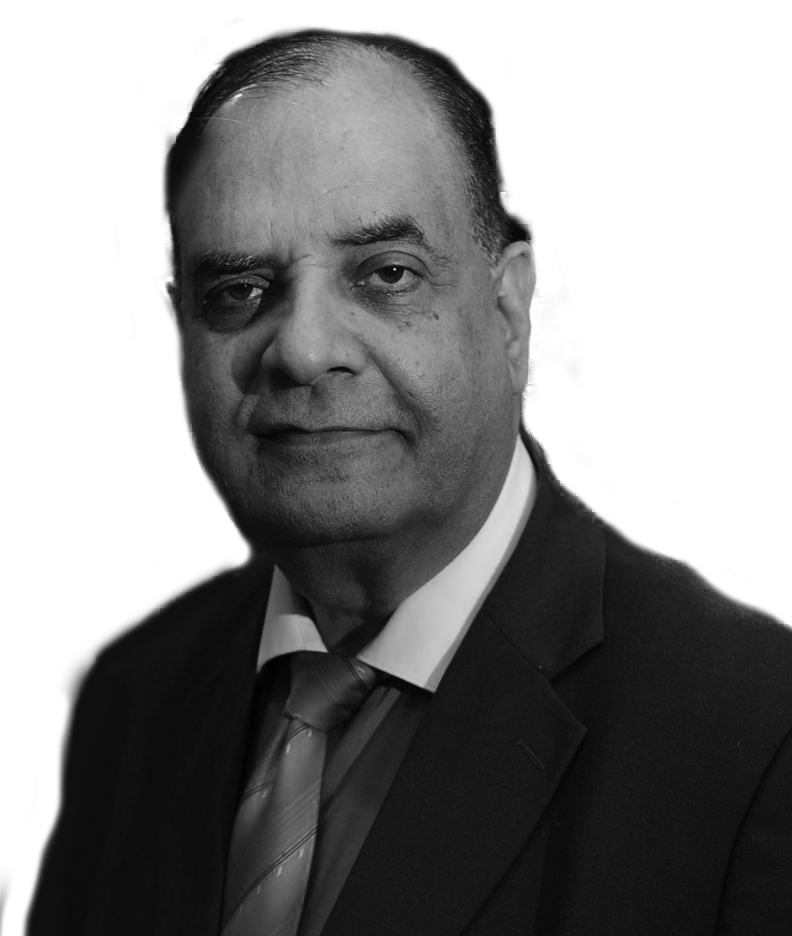The Aam Aadmi Party, which is claiming to be an alternative to the Congress in Punjab, has adopted every possible formula contrary to its declared principles and claims.
New Delhi: The old song goes like: “Look, what has happened to your world; God, how much a person has changed. The moon has not changed, the sun has not changed, man has changed so much.” In the current political environment, people have started asking this question about leaders and political parties—how much have they changed? What happened? They kept on showing dreams like getting a slice of the moon and bringing stars, they kept talking about big principles, but how much have things changed? There is only one answer to these questions—power, society change a lot. Some changes are necessary and useful and some lead to downfall. First of all, look at the condition of the grand old party, the Congress. It was never in such a bad position, when leaders associated with the party for 50 years have been leaving the Congress and some new leaders have started sacrificing all principles and ideals for the sake of getting the minority vote. The climax appeared on the hijab controversy, when many Congressmen began to represent the right to religious freedom as a requirement for the hijab, the burqa, in educational institutions, including schools. Will this help Congress get massive Muslim voter support in the Uttar Pradesh elections? Even if 10% hope so, will they not be considered guilty of the sin of taking the country towards the 19th century?
Many great Congress leaders worked with great dedication before and after Independence to fight communal, caste and regional narrowness. They ran campaigns to prevent criminals from coming to power. From Rajendra Prasad to Shankar Dayal Sharma, those who set an example of honesty by reaching the top posts were included. But now, Rahul Gandhi’s team doesn’t avoid the corrupt leader-minister, or an ally party member sitting inside jail. There is happiness in sharing power with the fiercely fanatic Shiv Sena. In Punjab, the old loyalist Captain Amarinder Singh was removed and the reins handed over to Navjot Singh Sidhu and Charanjit Singh Channi, who have started harming social and national unity with statements like not allowing those from UP, Bihar and Delhi into Punjab and showing the power of Punjabiyat. Time and again, while taking the credit of making a Dalit a Chief Minister, we forget that it is not enough to be a person of any caste. Not only Jagjivan Ram, many leaders like his daughter Meira Kumar, Sushil Kumar Shinde, and Buta Singh held top positions in the party; even then the party was defeated in the elections. They even lost their own election. While in power till seven years ago, did Rahul Gandhi’s congregation ensure that only the budget allocated for employment, welfare etc., for Muslims in the minority ministry could be spent in full?
The Aam Aadmi Party, which is claiming to be an alternative to the Congress in Punjab, has adopted every possible formula contrary to its declared principles and claims. The chief ministerial candidate is a most controversial leader, Bhagwant Mann. In a state where de-addiction is the biggest issue, will the dreams of Anna Hazare, the patron of the Aam Aadmi Party, be fulfilled by making people who are known for their addiction and those who have come out of the Congress, candidates for the Legislative Assembly? Not only this, by implementing the system of one bottle free liquor on the new contracts of liquor in Delhi before the Punjab elections, how can an attempt to fill the treasury or please the public be called right?
In this era, different reactions are coming out regarding the change of the ruling Bharatiya Janata Party. The opposition has been more distracted by some changed form of BJP and fulfillment of some historical resolutions. Despite all the allegations and protests, it is a fact that the BJP is getting the maximum benefit from the public welfare programmes of the Prime Minister Narendra Modi-led government in expanding its influence to the states of the North, East, West and to a less extent, the South. Some fundamentalist organisations or leaders of BJP or Sangh supporters seem to be angry that the government is not doing enough to create a “Hindu Rashtra”. But when given the responsibility of the nation, experienced leaders like Modi cannot adopt such paths. Anyway, senior leaders of the Sangh do not consider the change unreasonable. Mohan Bhagwat, the Sarsanghchalak of the Rashtriya Swayamsevak Sangh, has publicly admitted that “Sangh is not a static organization”.
The concept and position of the organization change with time. Founder Dr Hedgewar had shown the way for such a change from the beginning. Even on the issue of minorities, Bhagwat says that “Hindutva is incomplete without Muslims”. In this way, the leaders of the Sangh and BJP leaders who came out of it have changed their attitude and policies when Professor Rajendra Singh, Sudarshanji was the Sangh chief. They believe in one culture on the basis of all Indians being born in India. That is why, instead of caste, religion, region, Modi is trying to run the party and the government according to his slogan of “Vikas for all”. The fundamentalists should accept that the government has got great success in getting a revolutionary law to abolish Article 370 of Jammu and Kashmir, to liberate Muslim women from the practice of triple talaq. Steps like building a temple after the court verdict in Ayodhya, rejuvenation of the temple courtyard of Kashi and also stating the intention of necessary beautification in Mathura is to fulfill our resolutions. It is true that change is happening all over politics. Socio-economic conditions around the world are changing and probably will continue to change. Some of this will have good results, some will be painful.
The writer is editorial director of ITV Network-India News and Dainik Aaj Samaj.

